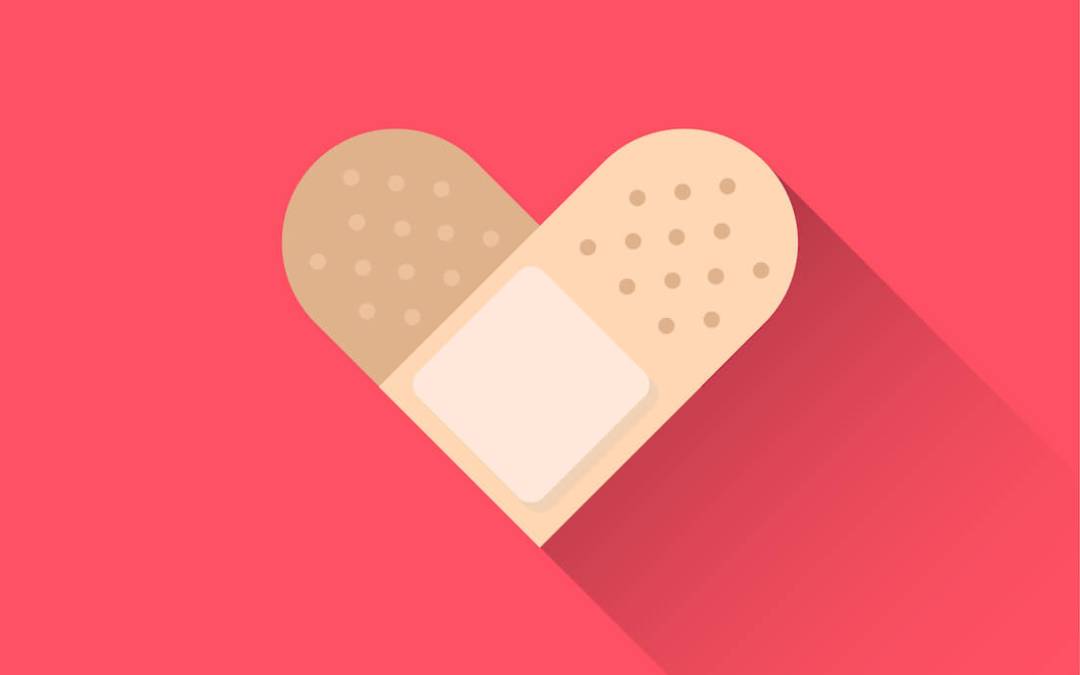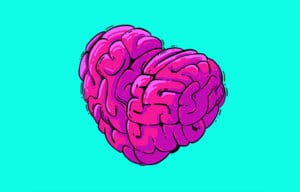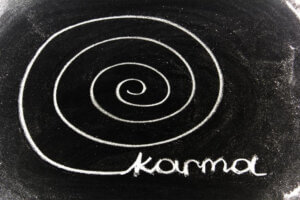
You use a Band-Aid when you have a cut or take antibiotics to treat the infection, right? No need to question. You may experience more serious problems if you do not apply first aid when necessary.
So why not the same for our mental health? We are expected to “get over” psychological scars; Anyone who constantly reflects on rejection or suffers from failure knows very well that emotional injuries can be just as painful as physical wounds. We need to learn how to apply emotional first aid in such situations. Psychologist Guy Winch suggests seven helpful ways to regain your emotional health from moments like these that you can start working on now.
1) Understand when emotional pain occurs and try to treat it before it feels all-encompassing.
Our body has developed the sensation of physical pain to warn us that something is wrong and how we should handle it. The same is true for emotional pain. If rejection, failure, or bad mood do not improve, it means you have a psychological injury and need to be treated. For example, loneliness can be devastating to your psychological and physical health. That’s why you need to take action when you, your friend, or someone you love feels that way.
2) Redirect your instinctive response when you fail.
Naturally, one psychological wound leads to another. Failure can often force you to focus on what you can’t do rather than what you can do. This can make you less likely to perform at your best later on. This allows you to focus even more on your shortcomings, and this cycle continues.
To stop such emotional cycles, learn to ignore the “instinct” response that causes desperation and demoralization after failure. However, make a list of factors you can control. You failed, but what can you change from now on? Consider, for example, the preparation and planning processes for new projects. Focus on how you can improve them. This type of exercise will reduce feelings of helplessness and increase your chances of future success.
3) Observe and protect your self-esteem. When you want to bring yourself down, take a moment to be compassionate with yourself.
Self-esteem is like an immune system that protects you from emotional pain and strengthens your emotional resilience. That’s why it’s so important to watch it when it hurts and avoid humiliating yourself. The best way to heal damaged self-esteem is to practice self-compassion. When you feel self-critical, do this exercise: Imagine a loved one feeling bad about them for similar reasons and write an email expressing compassion and support. Then read the email. These are the messages you need to give yourself.
4) When negative thoughts dominate your mind, diffuse them with a positive thought.
If you keep thinking about the upsetting events in your mind before you try to solve a problem, you become just brooding. This can lead to deeper psychological suffering, especially when it becomes a habit. The best way to stop unhealthy thoughts is to distract yourself by engaging in a task that requires concentration. For example, make a sudoku, complete a puzzle, play memory games. Studies show that even two minutes of distraction can reduce the desire to focus on the negative in an unhealthy way.
5) Find meaning in loss.
Loss is a part of life, but it can hurt us even more if we don’t treat the emotional wounds it creates. If enough time has passed and you’re still struggling to move forward after a loss, you need to practice a new way of thinking about it. The most important thing you can do, especially to relieve your pain and heal, is to find meaning in loss and derive purpose from it.
It may be difficult, but think about what you might have gained from the loss. For example, “I lost my job, but at least for a short time I will be able to spend some more time with my children”. Think about how you can help or assist others in gaining a new gratitude for life.
6) Do not allow excessive guilt feelings.
Guilt can be useful sometimes. In small doses, it warns you to take action to correct a problem in your relationship with another person. But excessive guilt is also toxic. Because it wastes your emotional and intellectual energy, distracts you from your responsibilities and prevents you from enjoying life. One of the best ways to put an end to your excess guilt is to offer an effective apology.
Yes, you may have tried apologizing before, but apologizing is much more complicated than we think. There is an essential ingredient for any effective apology that is absent from most standard apologies: empathy! In other words; Your apology should focus more on how your actions or inactions affect the other person, rather than explaining why you did what you did. When you feel that someone truly understands you, it is much easier to forgive them.
7) Find out which treatments for emotional scars work for you.
Learn how to personally deal with common emotional issues. E.g; do you ignore them? Do you recover quickly, no matter how upset you are when you do this? Develop a strategy to help you understand which emotional first aid treatments are best for you in various situations. Just as you will determine which of the many pain relievers on the shelves is best for you. The same goes for building emotional resilience. Try various techniques and find out which ones are easiest for you and which are most effective for you. Make a habit of regularly jotting down these treatments after a painful condition.
Yes, practicing emotional first aid takes some time and effort, but it’s sure to dramatically improve your overall quality of life.












